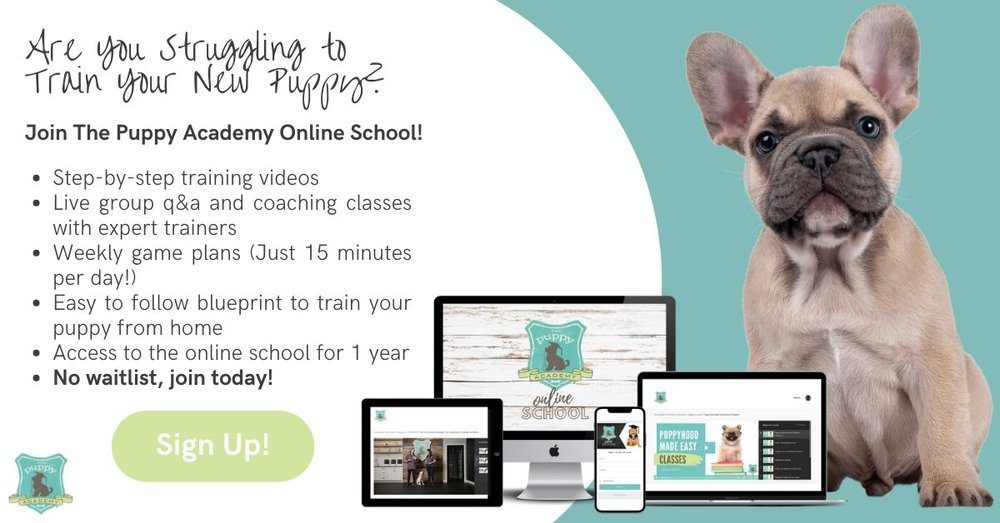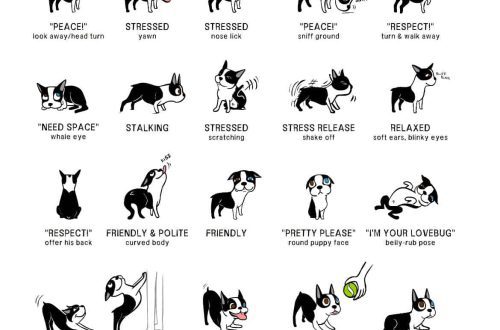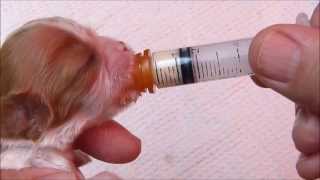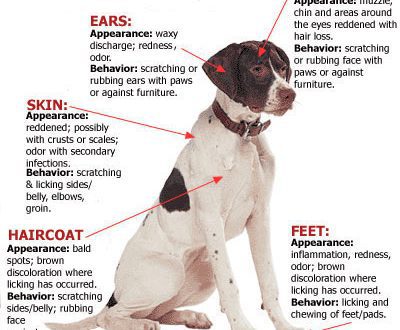
How to accustom a dog to a routine
Dogs are creatures of habit. If you’ve recently adopted a four-legged friend, it’s important to set up a dog’s daily routine so that he knows what’s in store for him. Puppies also need a clear routine that will give them a sense of security. These tips will help you plan your dog’s daily routine.
Why a daily schedule for a dog is necessary
Pets need a clear regime, and any changes, as a rule, cause them stress. Being systematic allows them to know what is expected of them, says the American Kennel Club (AKC). Making a day for the dog and following it satisfies the nature of following habits. With the help of the mode, the pet can join your family, making the situation less stressful for everyone. If the puppy is not accustomed to eat, sleep, play and rest when it is convenient for the whole family, this little one will most likely start to piss you off very soon. In the future, this may lead to even greater behavioral problems.
A pet is not the only one who benefits from a routine. Creating and following a daily schedule will help all family members responsible for caring for a puppy remember what and when the dog needs and who is responsible for it. Getting used to the new daily routine will make the transition smoother for the family and help the pup relax and feel at home.
Compiling a dog routine
There are four main daily activities in a dog’s life. These are food, sleep, toilet breaks, and time for exercise or play. All of this can happen on schedule.
- Feeding. Usually you need to feed your puppy at least three times a day. The easiest way to set a dog’s feeding schedule is to make sure that her meals coincide with the family’s breakfast, lunch, and dinner. Adult animals need to eat once or twice a day, depending on size and breed. When the puppy matures or if the dog is already an adult, it would be useful to consult with a veterinarian. He will tell you how much and how often the pet should eat during the day. In any case, a dog diet that matches yours will make things easier. Be sure to check whether the dog has enough clean drinking water.
- Toilet breaks. Toilet training is the first thing to do for your pet. Even an adult dog that is already toilet trained can have an adjustment period. In the process of getting used to the new house, she will need to remember the right time and place for her affairs. Puppies and miniature dogs need to be taken outside every two to four hours, according to the AKC. To avoid “accidents”, you can first take her outside immediately after waking up and again before you go to work. The Animal Welfare Partnership recommends taking your pet outside as soon as you return from work and at least once more before bed. If you are away for most of the day, cage your dog or limit his movement to a small fenced area while you are away. There should be enough room for the animal to sit, stand, stretch and turn comfortably, but not so much to roam around. Like humans, dogs prefer not to make their bed dirty, so this restriction will help teach them to endure until the owner returns. If you’re dealing with a puppy or a miniature dog with a small bladder, you might be better off leaving it at a dog daycare or hiring a dog sitter to walk it during the day.
- Sleep. Dogs need much more sleep than humans. Puppies need 18 hours of sleep a day, according to the AKC. It is very important to give your dog the opportunity to take a nap during the day. But be sure to set the sleep mode so that she sleeps when you sleep, and does not disturb at night. If she stays awake and keeps the family up all night, her daytime naps may need to be reduced.
- Time for games. Time for play and exercise is essential for a dog’s physical health as well as mental and emotional well-being. Dogs that get regular exercise tend to be calmer and have fewer behavioral problems. And of course, playtime is a great way to strengthen the bond with your pet. The best time to play and socialize is any time you are free to do so. But it should also fit into the dog’s daily routine. Dog habits form very quickly. If you wake up early on weekdays and take your dog for a morning walk, he will expect it to be the same on weekends when you want to sleep longer.
If you have a puppy, the AKC recommends that you consult with a veterinarian before engaging in active exercise. Among them are wrestling or intense physical exercise, such as running or long walks. Many experts recommend postponing such activities until the puppy is one year old, and for some breeds such play is not recommended at all.
Balanced day
Some of these procedures can be combined. Toilet chores, for example, can be combined with exercise and play if the dog’s walking routine allows for this. Never forget to praise and reward your pet for following the routine. When you train your dog to toilet, encourage him, and sometimes treat him with a treat. This will help the pet get used to going to the toilet at a certain time, knowing that later the owner will praise him.
If you set a strict schedule for dog affairs and stick to it, you will notice very soon that it is much easier to take care of a puppy. Especially when these activities become as much a habit for you as they are for him. Your pet will know that he is being cared for and will feel safe in his new environment.





